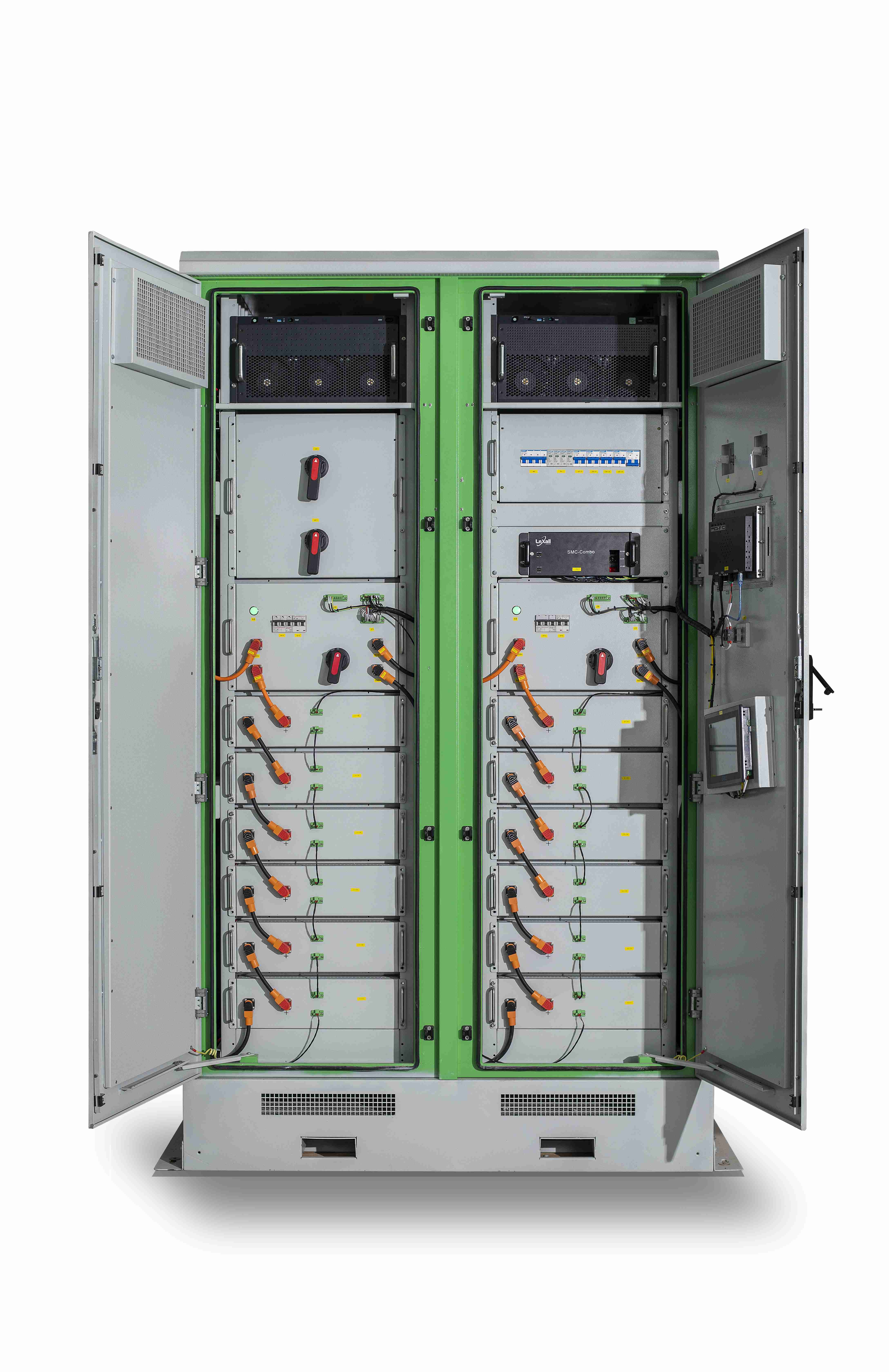
7 月 . 28, 2024 01:40 Back to list
Top Players in the Lithium-Ion Energy Storage Manufacturing Industry and Their Innovations
The Rise of Lithium-Ion Energy Storage Manufacturers
In recent years, the demand for energy storage solutions has surged, driven largely by the transition to renewable energy sources and the growing electrification of transportation. At the heart of this transformation is lithium-ion (Li-ion) technology, which has established itself as a highly efficient and versatile solution for energy storage. As a result, numerous manufacturers have entered the market, each vying to innovate and expand their production capabilities.
The Rise of Lithium-Ion Energy Storage Manufacturers
Prominent players in the lithium-ion battery manufacturing sector include Tesla, Panasonic, LG Chem, and CATL. Tesla, in particular, has garnered attention for its Gigafactory in Nevada, which aims to produce enough batteries to support the company's ambitious electric vehicle production goals. By vertically integrating battery production, Tesla seeks to reduce costs and improve supply chain efficiency. Panasonic, long-time partner of Tesla, continues to innovate in battery cell technology, focusing on enhancing performance and safety.
lithium-ion energy storage manufacturers

In the realm of energy storage systems, companies like Fluence and LG Chem have made significant strides. Fluence, a joint venture between Siemens and AES, specializes in advanced energy storage solutions that help manage renewable energy variability. Their products are utilized in large-scale grid storage projects worldwide, providing a crucial buffer for intermittent sources like solar and wind power. Similarly, LG Chem’s initiatives extend beyond EV batteries to encompass large-scale battery solutions that empower utility companies to enhance grid reliability.
Emerging manufacturers are also contributing to the landscape. Firms such as QuantumScape and Solid Power are exploring solid-state battery technologies, which promise greater safety, higher energy densities, and longer life spans compared to traditional lithium-ion batteries. These innovations could revolutionize the energy storage market, attracting significant investment and interest from traditional battery manufacturers looking to expand their capabilities.
Geographical factors also play a crucial role in the manufacturing landscape. Countries like China have established themselves as leaders in the lithium-ion battery supply chain, with extensive mining operations for lithium and investments in battery production facilities. Chinese companies such as BYD and CATL hold significant market shares, leveraging government support and vast manufacturing ecosystems. In contrast, Western countries are actively seeking strategies to boost their domestic production capabilities to reduce dependency on foreign suppliers, primarily in the context of geopolitical tensions and supply chain vulnerabilities.
In conclusion, the lithium-ion energy storage manufacturing sector is witnessing unprecedented growth and innovation, driven by the need for sustainable energy solutions and the electrification of various industries. The collaboration between automotive manufacturers and battery producers is fostering rapid advancements in technology and scalability. As consumer demand for cleaner energy options continues to rise, the evolution of lithium-ion energy storage will play a pivotal role in shaping the future of energy consumption and production. With ongoing research and development, the promise of lithium-ion technology suggests that the best is yet to come, paving the way for a more sustainable and energy-efficient world.
-
Intelligent Energy Management with GPT-4 Turbo AI Optimization
NewsAug.03,2025
-
Advanced AI Energy Management with GPT-4 Turbo
NewsAug.02,2025
-
AI-Powered EMS with GPT-4-Turbo | Efficiency Boost
NewsAug.01,2025
-
Optimized Storage System for GPT-4-Turbo | High Performance
NewsJul.31,2025
-
AI Energy Management System w/ GPT-4 Turbo Efficiency
NewsJul.31,2025
-
High-Performance Energy Storage System for Reliable Power Solutions
NewsJul.30,2025























